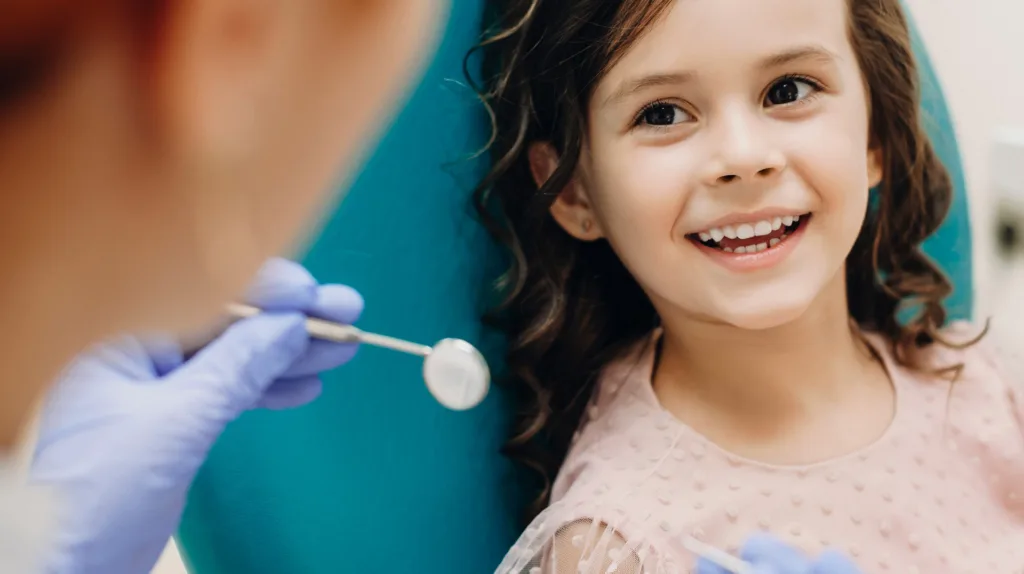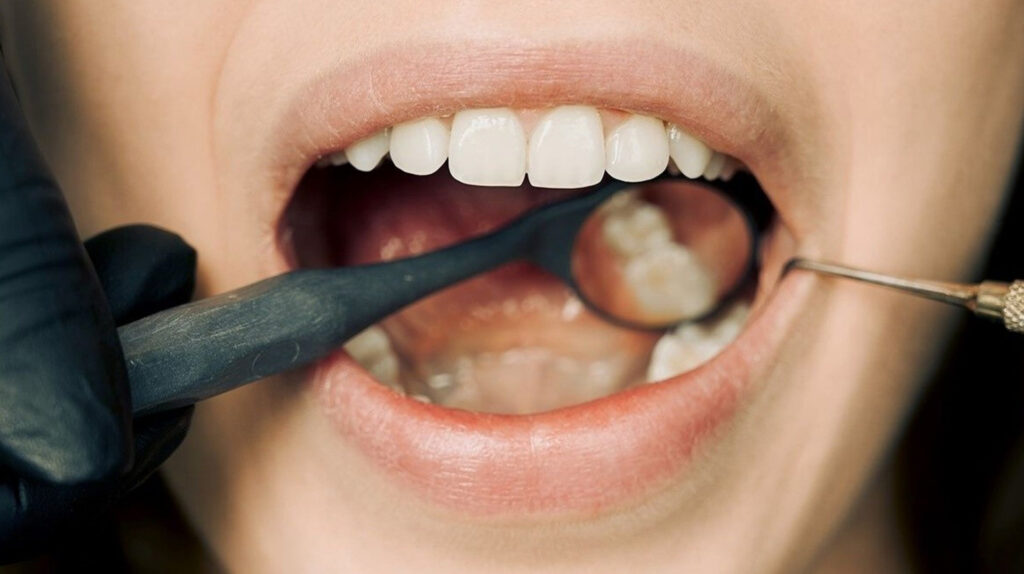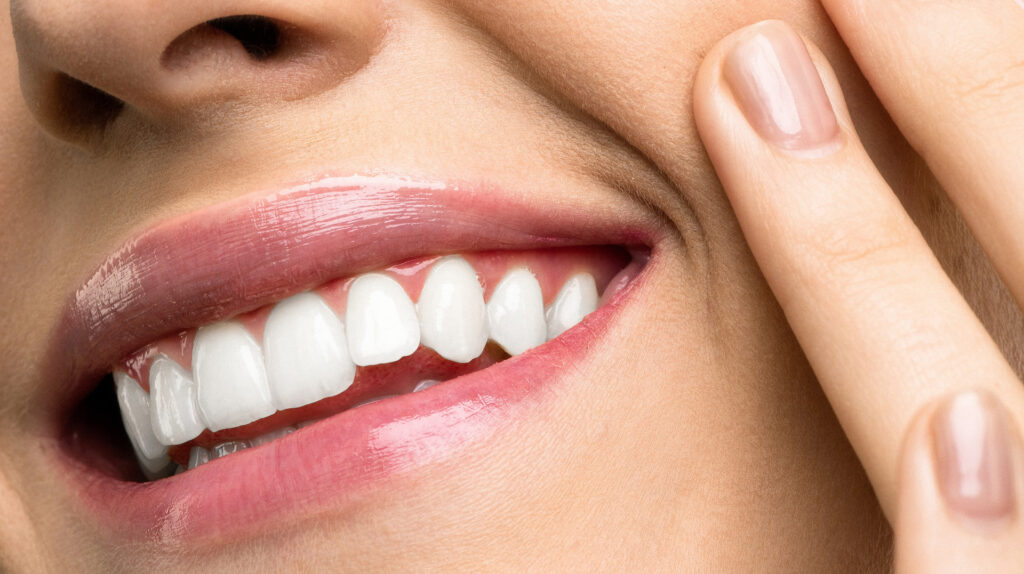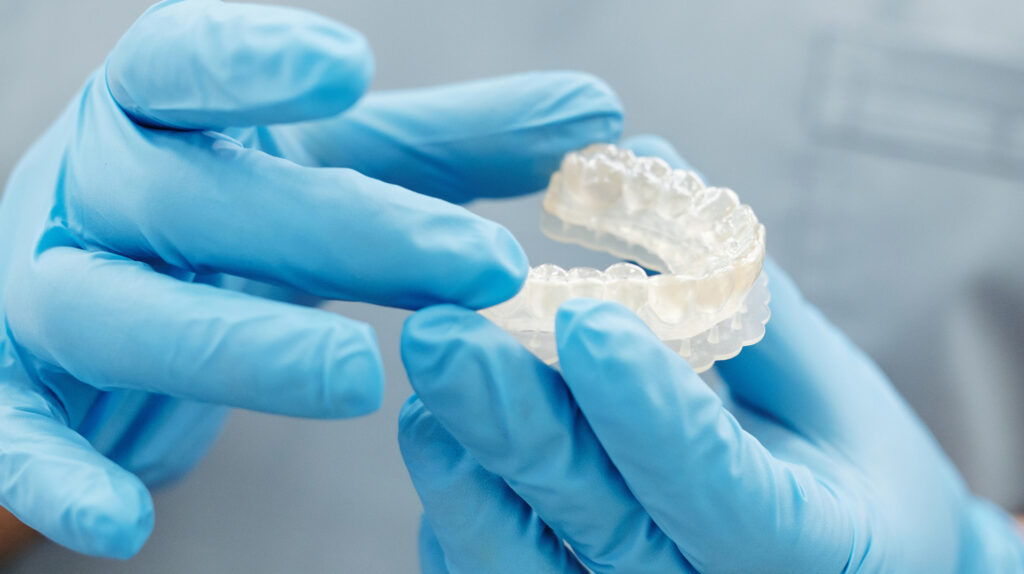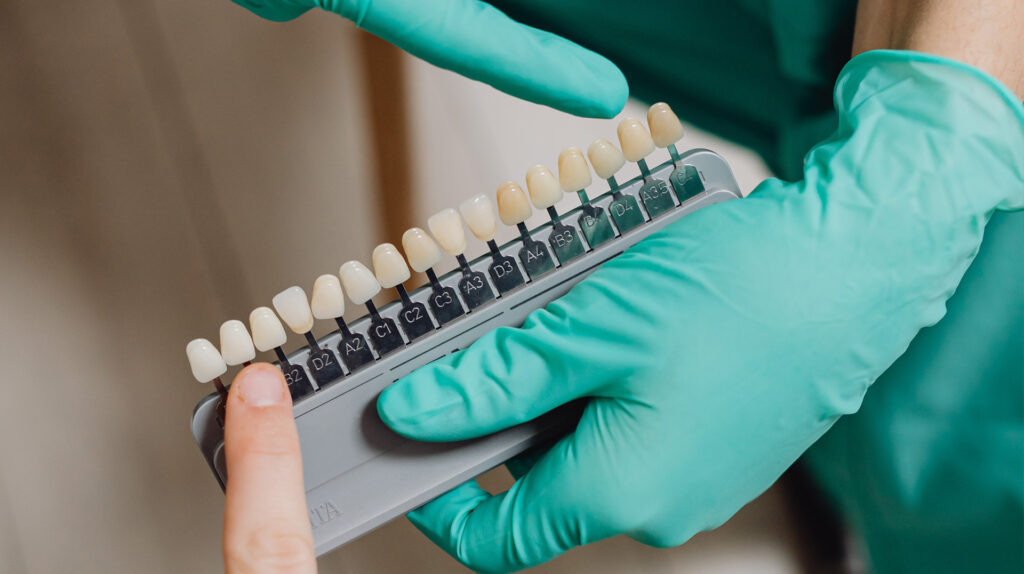Regular dental visits are essential for a lifetime of healthy smiles. Starting check-ups around the age of two helps lay down a pattern for trips to the dentist every six months. During these appointments, the child’s teeth and gums will be professionally cleaned and checked – helping establish good oral health habits early on in their lives. The more parents invest in their children’s oral health, through regular trips to see the dentist every six months, they demonstrate just how invaluable good oral hygiene is at any age.
Remaining committed to the twice-annual trip to the dentist ensures the child’s teeth stay in top shape and stresses the importance of oral hygiene and scheduled visits. A dental cleaning involves more than a shine – it’s also an important step to remove plaque and tartar from teeth. Plaque is a colorless, sticky film that can get on any tooth surface, especially around the gum line, if flossing isn’t done well. Tartar builds up when those bits of plaque are not removed promptly. The hygienist uses special tools like scalers to access even tight spots between teeth to ensure all signs of build-up have been eradicated with each visit. Plaque left unchecked can cause much bigger problems than just a little discoloration. When plaque and saliva mix together, they harden into tartar – an unwelcome yellow or brown residue that builds up on teeth. Unless removed by professional cleaning, it can lead to tooth loss, receding gums and even gum disease.
As kids get older, it can be more difficult to manage those kids teeth cleanings. It’s important to choose a dental clinic with flexible scheduling options. Parents will find it’s easier to make sure their children’s regular checkups don’t get overlooked.
Scheduling becomes especially important during the college years. College life can take a toll on oral health, as busy schedules and newfound freedom often lead to neglected hygiene. It’s important for families with college-aged children to make the most of their limited time at home by scheduling Six Month Checks during winter or summer break. Neglecting dental visits could worsen existing problems caused both by spending less time on oral hygiene and from lifestyle choices like tobacco use or drinking alcohol. Potentially leading to more serious issues down the road. Planning ahead for kids teeth cleanings is important.
College kids make choices, and they aren’t always the best ones. Often living in a party atmosphere- their oral health can be directly impacted by tobacco and alcohol use. Smoking cigarettes can increase the risk of developing throat cancer, mouth cancers, smokers’ palates and delayed healing after major oral surgery or extraction. Tobacco can also cause other issues such as sinusitis, cavities, stained teeth & breath, abrasions – not to mention an increased likelihood for gum disease which may lead eventually to tooth loss. Consuming alcohol in excess can have serious consequences for oral health as well, from damaging gums to increasing the risk of dental cavities and tooth loss. It may even lead to painful mucosal lesions or facial trauma that could require medical attention. These lifestyle choices make it extremely important college kids are scheduled for their wellness check and cleanings. Maintaining oral hygiene as a young adult, supports oral wellness when they become older adults.
Investing in a child’s oral health is one of the best decisions a parent can make. By scheduling dental appointments every six months, from diapers to degree, parents are giving their children a great head start to achieving wonderful smiles for life. Taking care of teeth from an early age not only sets kids up with strong and healthy pearly whites but also reinforces good hygiene habits that will last into adulthood.
At Prairie Lakes Dental, we understand that family dental care is an essential part of who we are and what patients need. Our team works hard to promote lifelong learning on the latest techniques so you can feel confident knowing our doctors have knowledge about any issue or concern you may experience. It’s been both rewarding and humbling watching many of our young patients grow over time with healthy smiles – reminding us why great family dentistry matters. We are here, ready for those appointments you schedule for your children, from age two through twenty-two. And once they are out on their own, we will still be here ready for them to schedule on their own.





